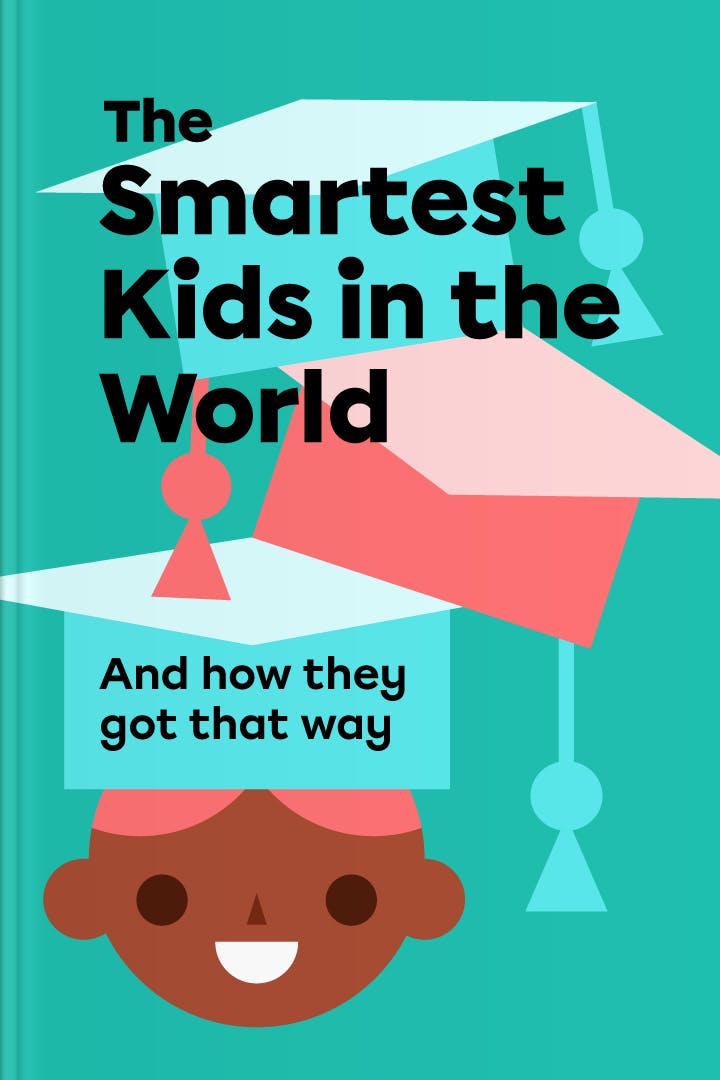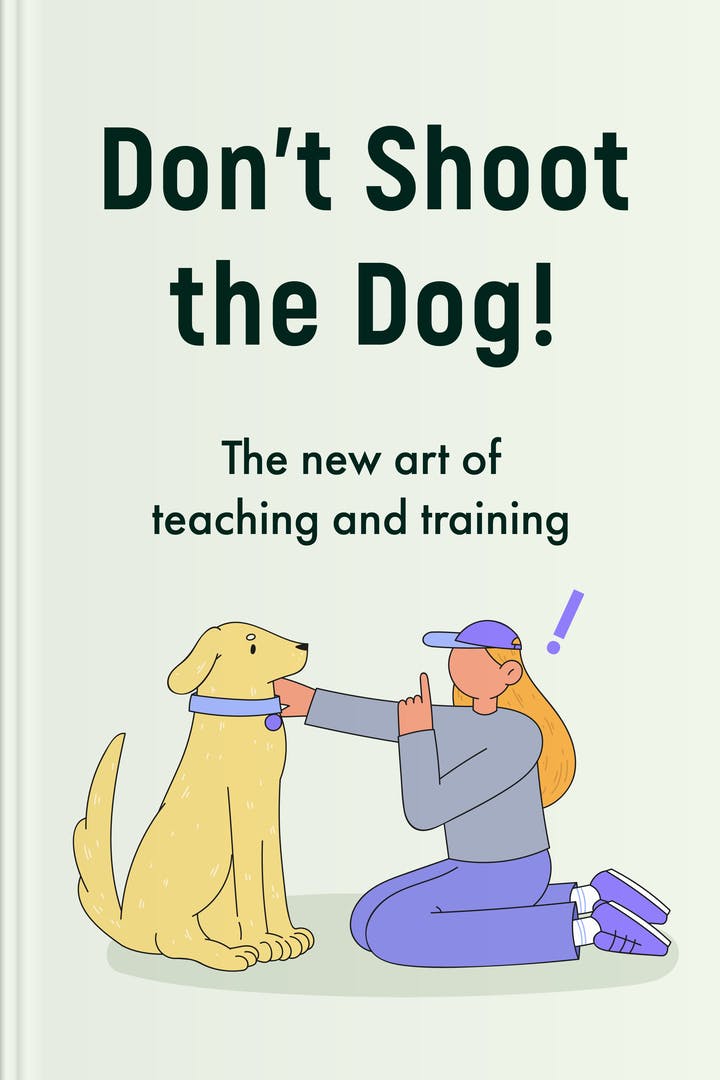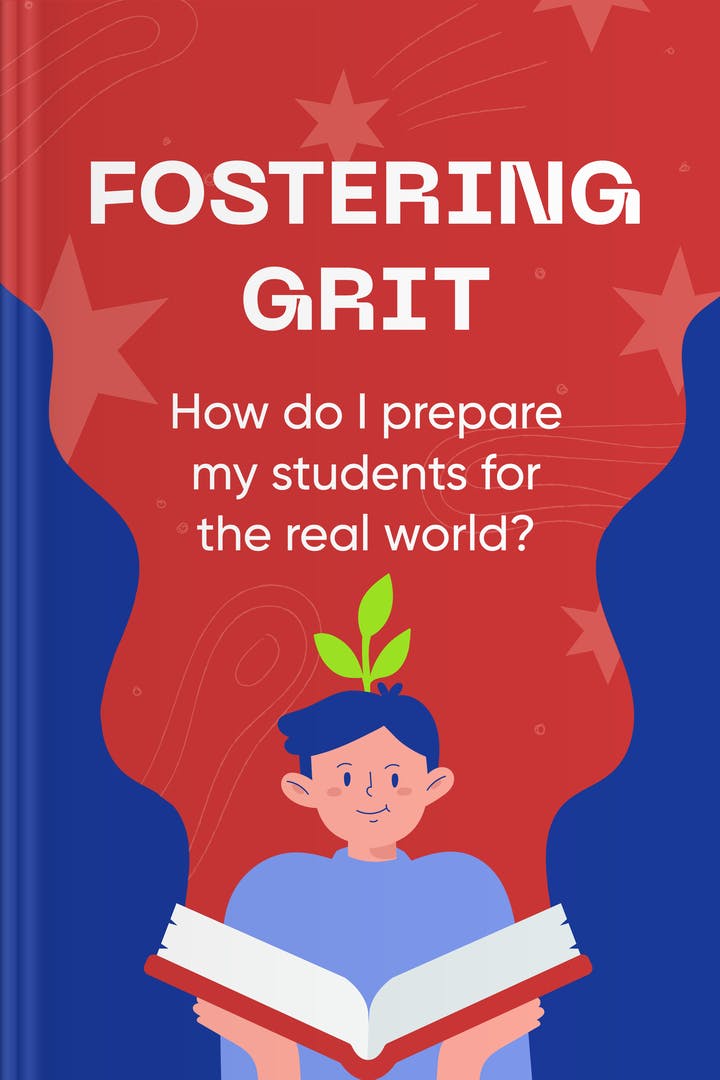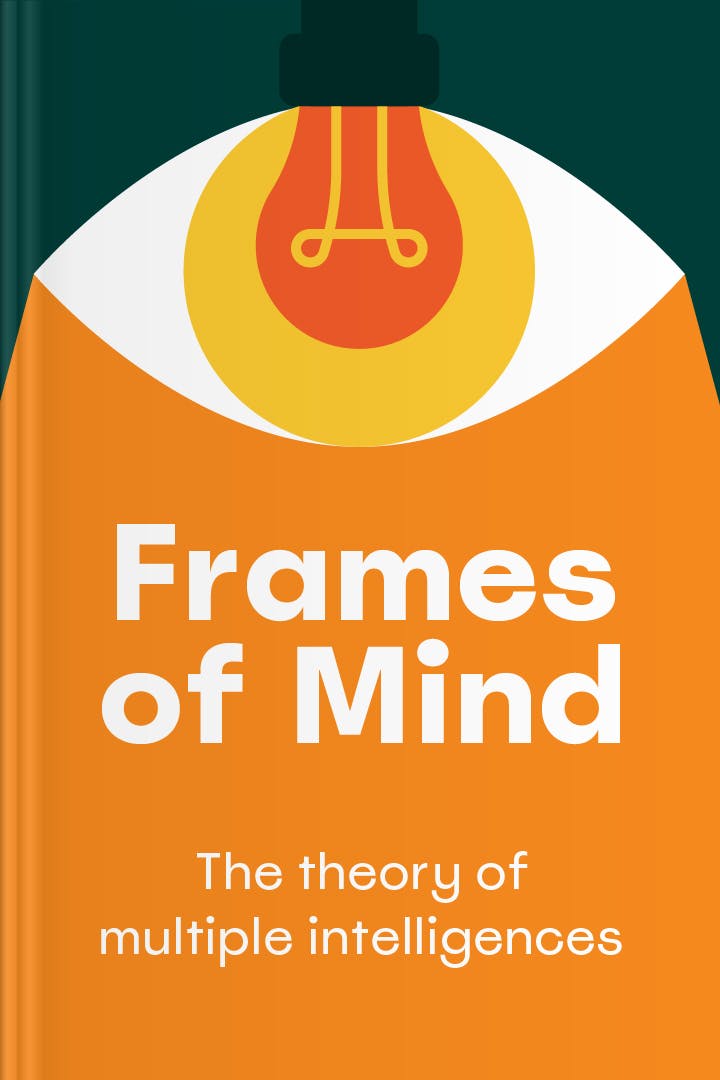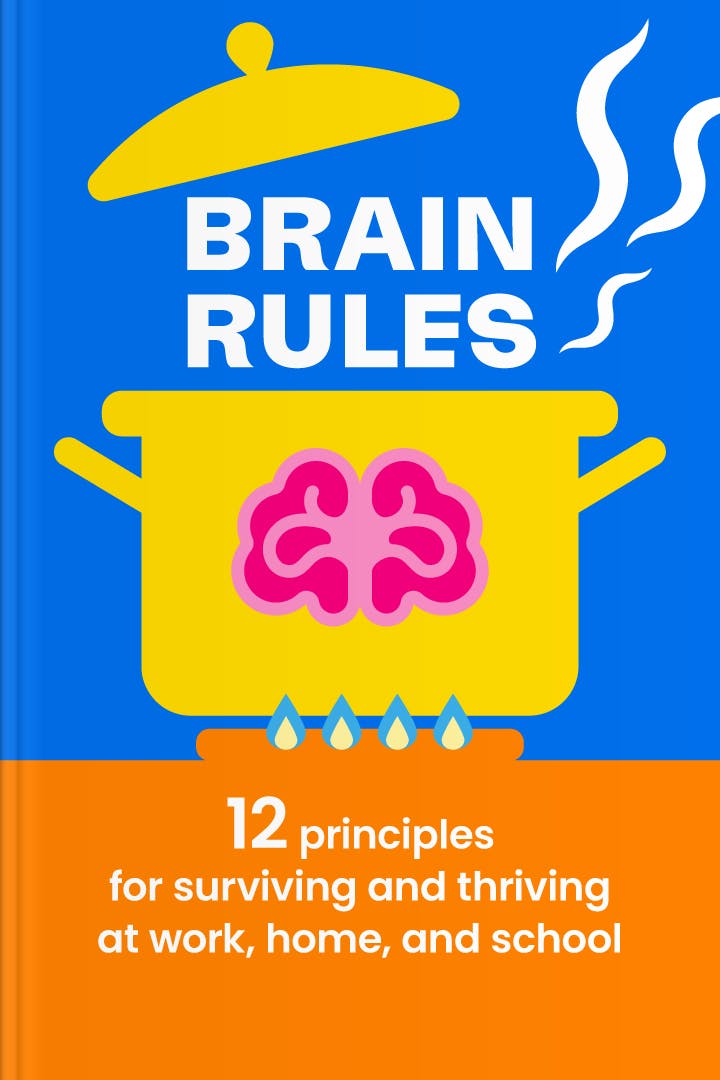What is The Smartest Kids in the World about?
In this eye-opening book, Amanda Ripley takes readers on a global journey to uncover the secrets behind the success of students in countries like Finland, South Korea, and Poland. Through immersive reporting and interviews with students, teachers, and parents, Ripley explores the factors that contribute to these countries' educational achievements. With thought-provoking insights, she challenges conventional wisdom and offers valuable lessons on how to improve education systems worldwide.
